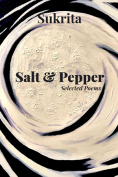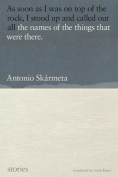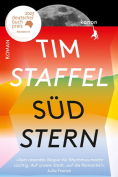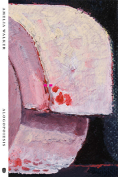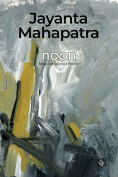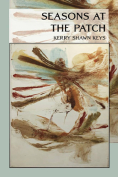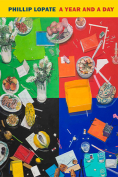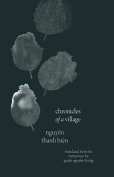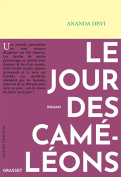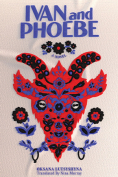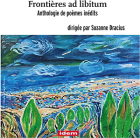Frontières ad libitum: Anthologie de poèmes inédits dirigée par Suzanne Dracius
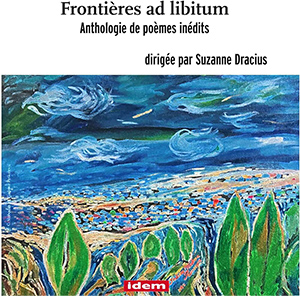 Paris. Éditions Idem. 2023. 200 pages.
Paris. Éditions Idem. 2023. 200 pages.
Frontières ad libitum is a poetic echo chamber to a program called “Le Printemps des poètes,” an annual event sponsored by the French Ministry of Culture, the Centre national du Livre, and the Ministry of National Education and Youth. Founded in 1998, this program brings poetry into K–12 French classrooms for two weeks in March. The program’s founder, Russo-Kurdish actress Amira Casar, chose “Visa 2023” and scheduled fifteen thousand events in France and abroad in schools, universities, hospitals, parks, theaters, prisons, and train stations.
Suzanne Dracius, one of the most important voices of the French Antilles, gathered sixty-eight mostly francophone poets from thirty-four countries to populate an anthology on the theme of borders. Playing on metaphors and counterpoints, she chose Armistice Day 2022 to issue her call and cited Aimé Césaire’s admonition to “polish the miraculous weapons of poetry” to end violence and to open borders. If the Ministry of Culture’s project stressed the border as an area of passages and crossings, Dracius stressed its transgressive power tied to the voluntary or involuntary migrations that are redefining borders in our millennium.
Anchoring her project in Greek and Roman culture, Dracius defines borders etymologically and historically as areas armed to defend a territory but also as naturally changing and hazy zones. She promises a “fiery anthology of phrases and words without borders that reveal a singular and plural creative geography”—the entire francophone and French postcolonial world. In this great declension of all manners of borders, only one-third of poets claiming a western European country first also claims another. The thirty-five poets not claiming France as their first country have experienced exile in two or more countries. Western European poems tend to be reflective and empathic, whereas “overseas” poems tend to be autobiographical and raw.
All poets here oppose frontiers as artificial and human-made. Migratory birds know no frontiers. Prometheus helped progress by transgressing borders. The body is a metaphor for the abolition of borders in a startling phenomenology of rot and melt. The world is fissured, as seen in the shape of the chromosomic “Y.” The colonial legacy of European imperialism from Magellan to Hitler continues in the slaughter of First Nations environmentalists. Peace and war, wealth and poverty still divide people and languages. Frequent homophonic wordplay indicates a tension between Indigenous languages and official French.
Frontières ad libitum reminds us of the work yet to be done to reconcile the francophone heritage. Dracius’s anthology creates a place of many encounters and revelations, her lifelong mission.
Alice-Catherine Carls
University of Tennessee at Martin

